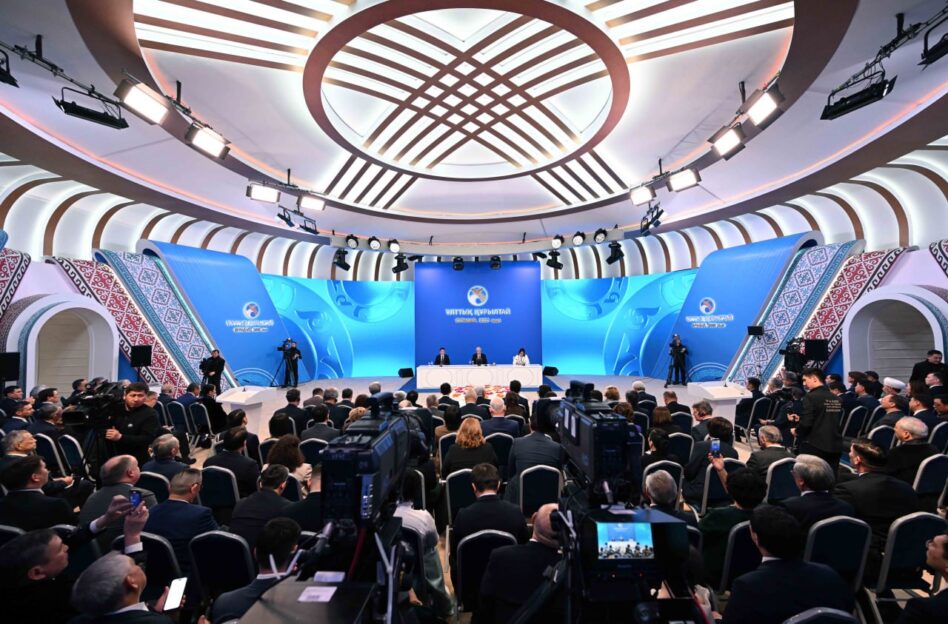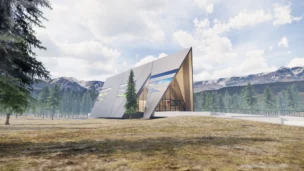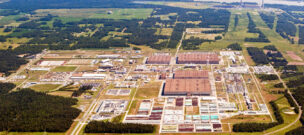Kazakhstan has long been one of the world’s top producers of uranium to fuel nuclear reactors around the globe. Now it’s gearing up to reap the benefits at home.
This week at the National Kurultai, an assembly of the country’s leadership, Kazakh President Kassym-Jomart Tokayev signed a decree establishing a national nuclear energy agency. The new agency will manage Kazakhstan’s uranium mining, radiation safety, and potential nuclear energy infrastructure development. And that means domestic nuclear power, per Tokayev.
“It is crucial not only to meet current energy demands but also to lay the foundation for future economic growth,” Tokayev said. “That is why I believe it is necessary to construct not one, but three nuclear power plants to establish a full-fledged nuclear cluster.”
Starting from fuel: For decades, Kazakhstan has been a world leader in uranium extraction, and today, it is the world’s largest producer.
- The country contains ~12% of the world’s natural uranium reserves, per the World Nuclear Association.
- In 2022, Kazakhstan produced 43% of the global uranium supply.
- The US got 25% of its uranium imports from Kazakhstan in 2022—more than twice the proportion it ordered from Russia the same year, per the US Energy Information Administration.
These essential resources have been managed through the state uranium company and by the Energy Ministry. Going forward, the new nuclear energy agency will take the lead.
The will of the people: Despite its world-leading position as a uranium producer, Kazakhstan has no nuclear energy production capacity of its own. Its energy mix is dominated by coal generation at 68%, followed by natural gas and hydro.
The country appears ready to change that. In October 2024, Kazakhstan held a referendum in which 71% of voters approved building the country’s first nuclear power plant.
About the agency: In a second decree, Tokayev appointed Almasadam Satkaliyev to lead the baby agency. Satkaliyev has led the country’s Ministry of Energy since 2023. Before that, he worked in the private energy sector.
In the short term, Satkaliyev is expected to draw up plans for the organization of the new nuclear energy agency, including what staff and resources it will need to divert from the Energy Ministry.
In the longer term, Tokayev says, the government supports the development of three nuclear reactors. Since the nuclear referendum in October, the country has been exploring its options for nuclear reactor technology. A shortlist published in January identified Russia’s Rosatom, South Korea’s KHNP, China’s CNNC, and France’s EDF as options.
Lead Reporter of Ignition





